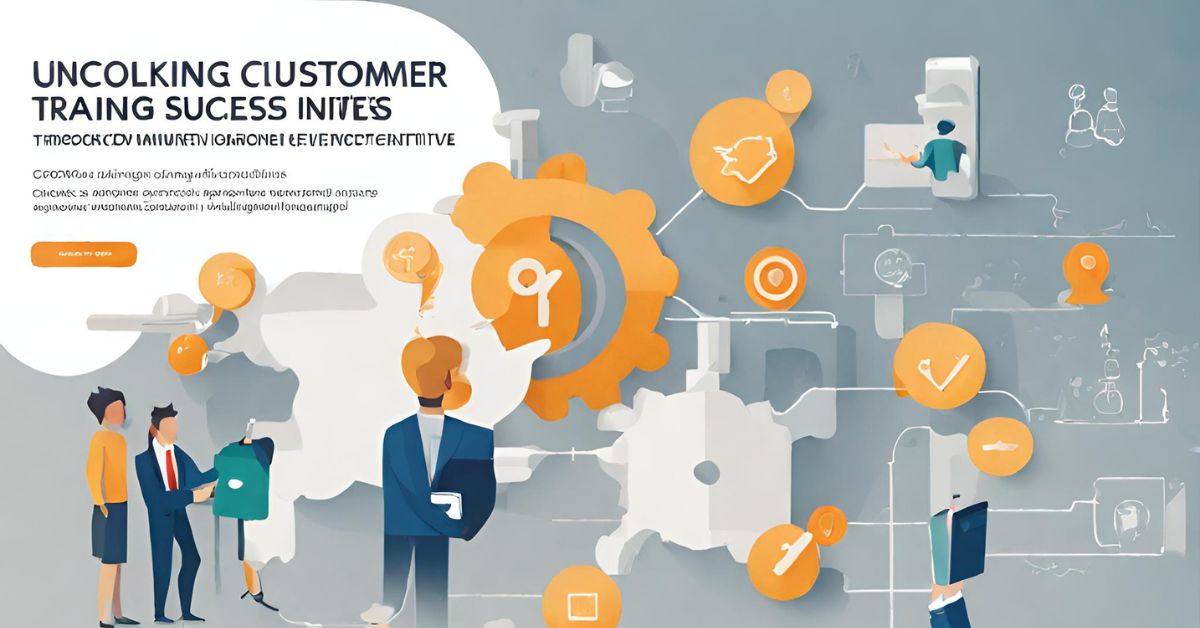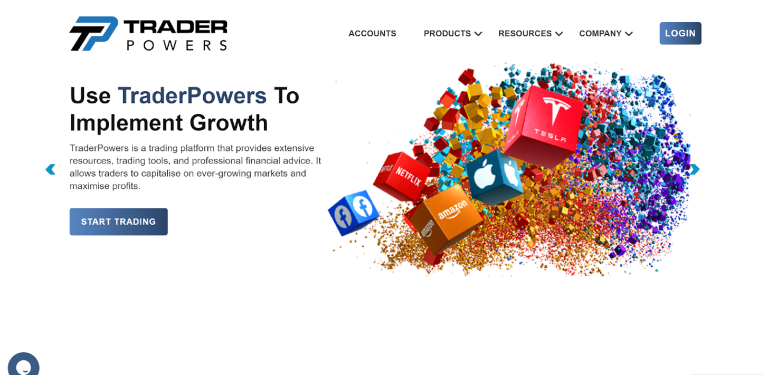One crucial factor that can make or break an organization is the success achieved by the customer. It’s not just about attracting new customers; it’s about ensuring your existing ones are satisfied, engaged, and loyal. To accomplish this, many companies have turned to exemplary customer training programs. This article delves into 9 exemplary customer training programs that have mastered the art of customer success.
Product Mastery Workshops
A crucial element in guaranteeing customer success is ensuring a comprehensive understanding of the product or service. Product mastery workshops have been specifically crafted with this objective in mind. These meticulously designed training sessions serve the purpose of imparting an exhaustive understanding of a company’s offerings. By participating in these workshops, customers gain profound insights into the intricacies of the products or services, enabling them to harness these resources to their maximum potential.
Product mastery workshops are meticulously structured to delve deep into the features, functionalities, and applications of the company’s offerings. Through a combination of expert guidance, hands-on experience, and comprehensive training materials, customers acquire a profound knowledge base. This knowledge empowers them to make the most of the product or service, extracting maximum value, and thereby contributing to their own success and satisfaction.
In summary, product mastery workshops stand as a foundational pillar in the pursuit of customer success, equipping customers with the knowledge and proficiency necessary to fully leverage the company’s offerings.
On-Demand E-Learning
On-demand e-learning allows customers to access training materials whenever and wherever they prefer, accommodating their diverse schedules and promoting a self-paced learning environment. This innovative approach to training offers numerous advantages.
Firstly, it eliminates the constraints of fixed schedules, allowing customers to engage with the training content at their convenience. This flexibility is particularly beneficial for individuals juggling work commitments, family responsibilities, or varying time zones.
Moreover, on-demand e-learning fosters a self-paced learning environment, enabling customers to progress through the material at their own speed. This not only caters to different learning styles but also ensures a deeper understanding of the content as individuals can revisit and review the material as needed.
Incorporating on-demand e-learning into customer training programs demonstrates a commitment to meeting the diverse needs of customers while enhancing their overall learning experience. Ultimately, this approach contributes to the success of both customers and the business.
Webinars and Virtual Training
Webinars and virtual training sessions are invaluable tools in the realm of customer training. These dynamic platforms facilitate real-time interaction between participants, thereby enhancing the overall learning experience.
Participants have the opportunity to engage with trainers, fostering an environment where questions can be asked and answered promptly. This direct line of communication ensures that participants receive immediate clarification, leaving no room for confusion.
Furthermore, these platforms encourage knowledge sharing among fellow participants. Participants can share insights, experiences, and best practices, creating a collaborative and enriching atmosphere. This collaborative aspect not only broadens the depth of learning but also promotes a sense of community among customers.
Webinars and virtual training sessions transcend geographical barriers, allowing customers from different locations to come together and learn collectively. The shared experience and collective wisdom gained from such interactions contribute significantly to customer success and satisfaction.
In sum, webinars and virtual training sessions play a pivotal role in nurturing a collaborative learning environment, where customers can actively engage with trainers and fellow participants, ensuring a comprehensive and enriched training experience.
Certification Programs
Obtaining a certification serves as concrete evidence of expertise and commitment to customers. It signifies a level of mastery in utilizing a company’s products or services, instilling confidence in the brand. Customers who hold certifications are often viewed as trusted authorities within their respective fields, and this recognition can significantly elevate their professional standing.
Moreover, certifications act as a powerful motivational tool. The pursuit of a certification creates a goal-oriented mindset among customers, driving them to engage more deeply with the training program. They are motivated by the desire to attain this recognized achievement, which, in turn, leads to a deeper understanding and proficiency in using the products or services.
In conclusion, certification programs not only validate customers’ knowledge but also inspire them to excel. They reinforce the customers’ confidence in the brand while fueling their commitment to achieving excellence.
Personalized Learning Paths
Tailoring training experiences to individual customers is paramount in the pursuit of enhanced customer success. Recognizing that each customer is unique, organizations have embraced the concept of personalized learning paths as a strategic approach to cater to diverse requirements.
By implementing personalized learning paths, companies ensure that customers receive the most relevant information and skills tailored to their specific needs. This customization not only boosts customer engagement but also accelerates their mastery of the product or service.
Personalized learning paths are meticulously designed based on factors such as the customer’s prior knowledge, preferences, and objectives. Through comprehensive assessments, organizations gain insights into each customer’s strengths and weaknesses, enabling them to curate a bespoke learning journey.
Furthermore, as customers progress along their personalized paths, they gain a sense of empowerment and ownership over their learning experience. This empowerment fosters a deeper connection with the brand and its offerings, ultimately leading to higher levels of satisfaction and loyalty.
In essence, personalized learning paths represent a commitment to meeting customers where they are in their learning journey and guiding them toward success, one tailored step at a time.
Gamification
Gamifying the training process adds an element of fun and competition. By incorporating game-like elements such as quizzes, badges, and leaderboards, customers are more engaged and motivated to complete their training.
Knowledge Bases and FAQs
Sometimes, customers need quick answers to specific questions. Knowledge bases and frequently asked questions (FAQs) provide a valuable resource for customers to find solutions independently. This not only saves time but also empowers customers with self-service capabilities.
Customer Community Forums
Creating a sense of belonging among your customers is vital. Customer community forums offer a platform for users to connect, share experiences, and help each other. This sense of community fosters loyalty and encourages customers to stay engaged.
Continuous Learning and Updates
The world is ever-evolving, and so are your products and services. Continuous learning and updates ensure that your customers stay up-to-date with the latest developments, ensuring their ongoing success.
Conclusion
In today’s competitive business world, mastering customer success is essential. Exceptional training initiatives play a pivotal role in achieving this goal. From product mastery workshops to gamification and personalized learning paths, there are numerous avenues to explore.
By investing in these 9 exemplary customer training programs, companies can empower customers with knowledge and skills they need to excel. This, in turn, leads to increased satisfaction, advocacy and loyalty, ultimately contributing to long-term success of both the customer and the business.







